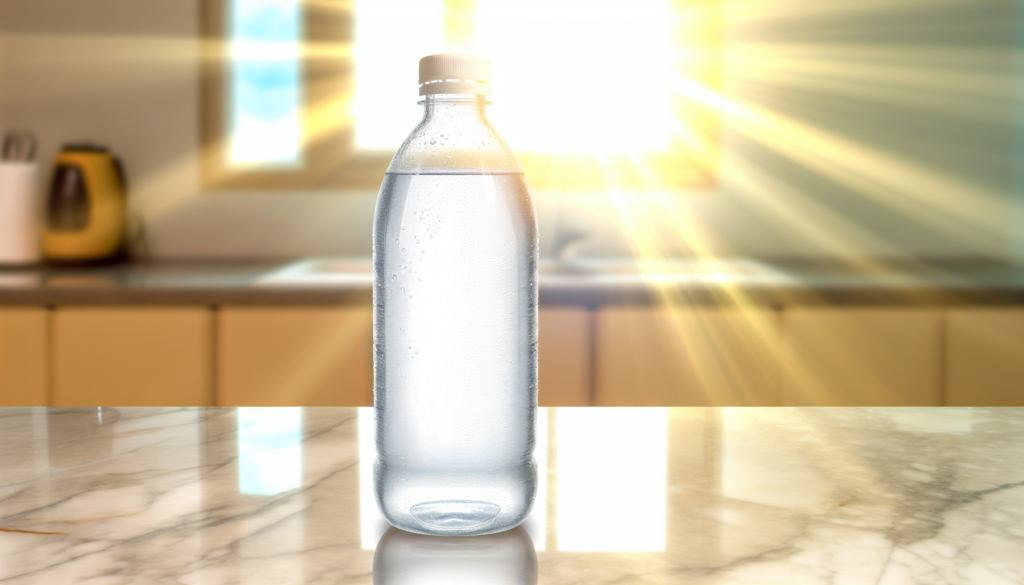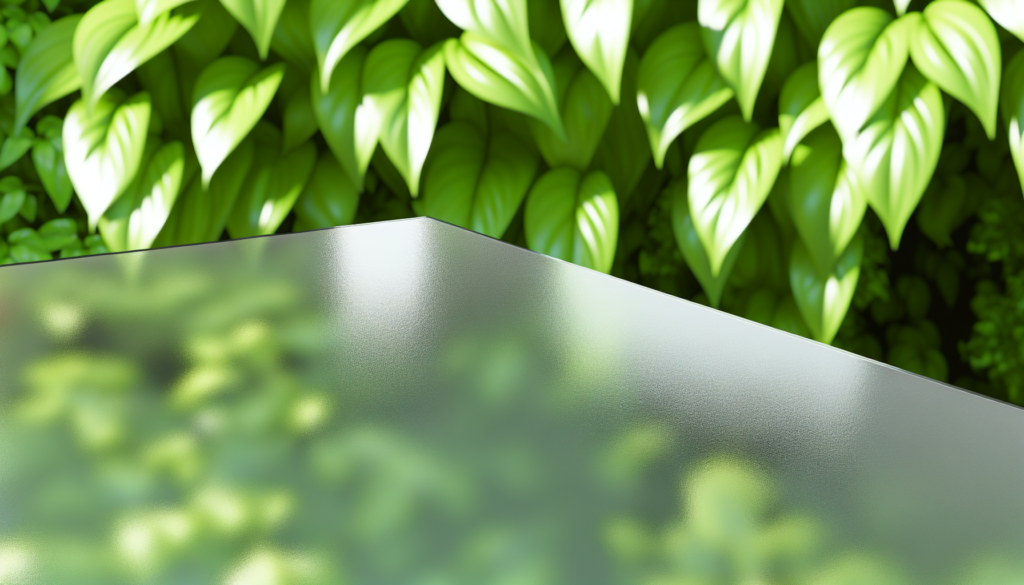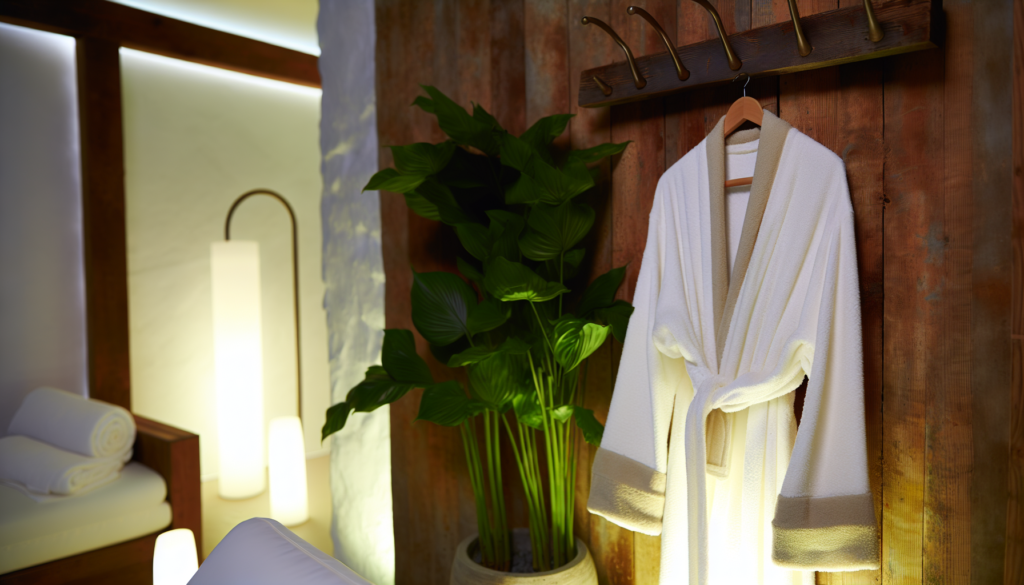As we navigate the journey of aging, our skin tells a story of experiences, laughter, and perhaps a few late nights. But contrary to what beauty marketing might have you believe, entering your middle years doesn’t mean surrendering to inevitable skin decline. In fact, with the right approach, your skin can maintain its radiance and health well into your 50s, 60s, and beyond. Middle-aged skin care isn’t about fighting against nature—it’s about working with your skin’s changing needs to enhance its natural beauty. Let’s explore how you can embrace this new chapter with confidence and develop a skincare routine that celebrates your skin at every age.
Understanding How Skin Changes in Middle Age
Our skin undergoes significant transformations as we enter our 40s and 50s. Collagen production—the protein responsible for skin’s firmness—decreases by about 1% each year after 20, which accelerates during menopause. Elastin fibers that provide skin’s bounce-back quality begin to weaken. Cell turnover slows down, and years of sun exposure catch up with us.
But here’s the good news: these changes are normal, and with targeted care, you can address specific concerns while maintaining healthy skin. Knowledge is power when it comes to aging gracefully.
Common Middle-Aged Skin Concerns
Middle age brings specific skin challenges that deserve attention:
Recognizing these changes isn’t about obsessing over “flaws”—it’s about understanding what your skin needs now, which is likely different from what it needed in your 20s or 30s.
Building Your Essential Middle-Age Skincare Routine
Creating an effective skincare routine doesn’t require 20 steps or a fortune spent on products. Instead, focus on these fundamental elements:
Gentle Cleansing: The Foundation of Good Skin
As skin becomes drier, harsh cleansers can strip away precious natural oils. Opt for cream or oil-based cleansers that clean effectively while maintaining your skin’s moisture barrier. Consider double cleansing in the evening if you wear makeup or sunscreen—first with an oil-based cleanser followed by a gentle water-based one.
Many women find that cleansing once daily (in the evening) and simply rinsing with lukewarm water in the morning helps preserve natural moisture.
Hydration: Your Skin’s Best Friend
Hydration becomes increasingly important as natural oil production decreases. Look for products containing:
Layer your hydrating products from lightest to heaviest—serums first, followed by moisturizers and oils. Don’t forget to hydrate from within by drinking plenty of water throughout the day.
Sun Protection: Never Too Late
While you can’t undo past sun damage, you can prevent further harm. Daily SPF 30+ is non-negotiable, even on cloudy days or when spending most time indoors. Modern formulations are lightweight and won’t clog pores. Remember that sun damage accounts for up to 90% of visible skin aging—making sunscreen your most powerful anti-aging tool.
Targeted Treatments for Middle-Aged Skin
Beyond the basics, certain ingredients can address specific concerns:
Retinoids: The Gold Standard
Dermatologists consistently recommend retinoids (vitamin A derivatives) for middle-aged skin. These powerhouse ingredients stimulate collagen production, speed cell turnover, and improve tone and texture. If you’re new to retinoids, start slowly—perhaps once or twice weekly—and gradually increase frequency as your skin builds tolerance.
Antioxidants: Your Defense Team
Vitamin C, niacinamide, green tea extract, and resveratrol fight free radical damage that accelerates aging. A vitamin C serum in the morning under sunscreen provides double protection against environmental damage, while niacinamide helps with everything from pore size to discoloration.
Exfoliation: Finding the Right Balance
Cell turnover slows with age, sometimes leaving skin looking dull. Regular exfoliation removes dead cells, but too much can irritate mature skin. Consider gentle chemical exfoliants (like lactic or mandelic acid) once or twice weekly rather than harsh physical scrubs.
Lifestyle Factors That Affect Aging Skin
Skincare products matter, but what you put on your plate may matter even more:
Nutrition for Radiant Skin
A diet rich in antioxidants, healthy fats, and protein provides building blocks for healthy skin:
Consider adding collagen peptide supplements, which some studies suggest may improve skin elasticity and hydration.
Sleep: Your Skin’s Recovery Time
During deep sleep, your body repairs daily damage and produces growth hormone, which helps maintain skin thickness and elasticity. Aim for 7-9 hours of quality sleep when possible, and consider sleeping on your back to prevent “sleep wrinkles.”
Stress Management: The Mind-Skin Connection
Chronic stress triggers inflammation and breaks down collagen. Find stress management techniques that work for you—whether meditation, yoga, time in nature, or simply saying “no” more often to preserve your energy.
Professional Treatments Worth Considering
While home care forms the foundation of healthy skin, professional treatments can provide additional benefits:
Non-Invasive Options
These treatments typically require minimal downtime and can be done as maintenance every few months.
Embracing Your Skin’s Journey
Perhaps the most important aspect of middle-aged skin care is cultivating a positive relationship with your changing appearance. The goal isn’t perfection or looking 25 again—it’s healthy, comfortable skin that reflects a life well-lived. Those laugh lines around your eyes? They’re evidence of joy. The expression lines on your forehead? They show you’ve been thoughtful and engaged with the world around you.
Remember that beauty standards are constantly evolving, and the most attractive quality at any age is confidence. Take care of your skin because it’s the only one you have—not because society tells you to fear aging.
As you continue your skincare journey, be patient and consistent. Results take time, and what works for someone else might not work for you. Listen to your skin, adjust your routine as needed, and celebrate the little victories along the way. With thoughtful care and a healthy perspective, glowing at any age isn’t just possible—it’s inevitable.







